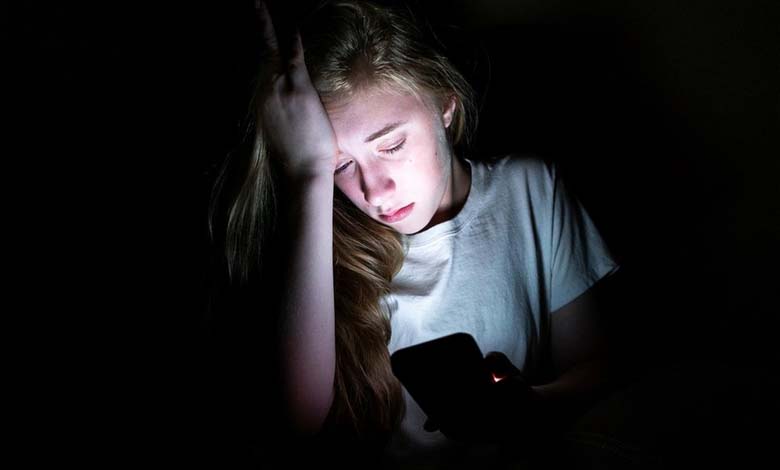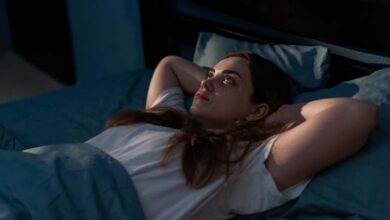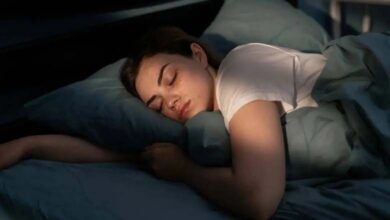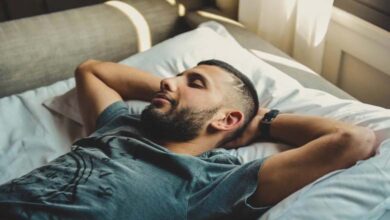Nighttime social media activity and its relationship with anxiety: a complex link

In the digital age, social media has become an omnipresent platform in daily life. Many users check their accounts at all hours, often late at night or even during the night. While this habit may seem harmless, it raises important questions regarding its impact on mental health, particularly anxiety.
Anxiety is an emotional state characterized by excessive worry, nervous tension, and anticipation of potential threats, whether real or imagined. Researchers have been studying the relationship between social media use and the development or exacerbation of anxiety disorders for several years. Nighttime activity on these platforms appears as a specific factor that can intensify this phenomenon.
Several mechanisms explain this link. First, prolonged exposure to stressful or negative content, common on social media, can trigger or amplify worry. Constant notifications, social interactions, and social comparison also contribute to cognitive overstimulation. When these interactions occur late at night, they disrupt the natural sleep cycle, leading to fatigue that heightens emotional sensitivity and increases anxiety levels.
Scientific studies show that insufficient or poor-quality sleep is closely associated with anxiety and depression. At night, exposure to blue light emitted by smartphone and computer screens delays the production of melatonin, the hormone regulating sleep, thus disturbing the biological clock and amplifying psychological stress. Consequently, nighttime social media activity can create a vicious cycle: late-night browsing increases anxiety, which in turn encourages staying awake to engage on digital platforms.
The nature of online interactions themselves also plays a crucial role. Positive or informative content can be beneficial, but most nighttime interactions involve reading critical comments, alarming news, or peers’ posts that trigger social comparison. This phenomenon, known as “upward social comparison,” involves comparing oneself to individuals perceived as having better or more successful lives, which can generate feelings of inadequacy and heightened anxiety.
Moreover, young adults and adolescents appear particularly vulnerable. This age group is the most active on social media and the most likely to check accounts late at night. Research indicates that prolonged nighttime exposure correlates with higher levels of anxiety, body dissatisfaction, and depressive mood.
To mitigate the negative effects of nighttime social media activity, several strategies can be implemented. The first involves establishing “digital hygiene,” i.e., defining screen-free periods, especially before bedtime, to promote restorative sleep. Limiting notifications and favoring relaxing or positive content in the evening can also reduce psychological stress. Finally, these measures should be combined with overall lifestyle habits, including regular physical activity, balanced nutrition, and stress management techniques such as meditation or deep breathing.
In summary, nighttime social media activity is a potentially aggravating factor for anxiety. While moderate and controlled use of digital platforms is not harmful, excessive late-night browsing can disrupt sleep, increase emotional sensitivity, and foster anxious states. Awareness of these effects and the adoption of digital regulation strategies are essential to preserve mental health in the digital age.












